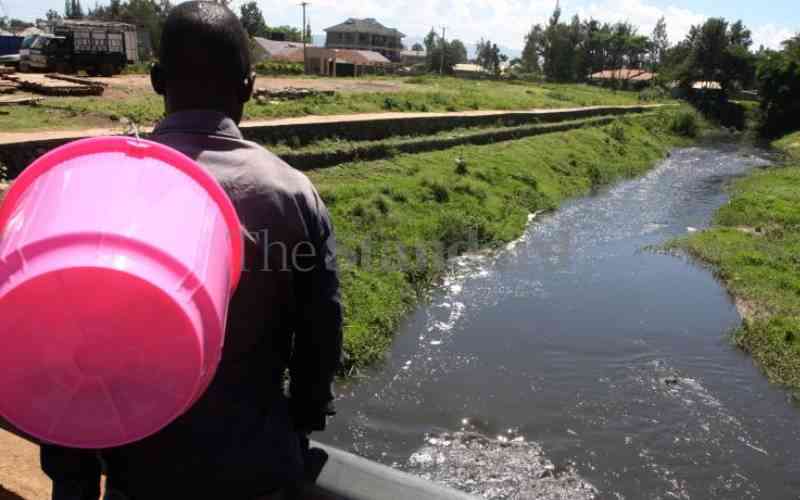×
The Standard e-Paper
Kenya’s Boldest Voice

Originating from Kodiaga Hills, Maragoli Forest, and Riat Hills, Rivers Kisat, Auji, and Kibos have long provided vital resources to families in the densely populated city of Kisumu.
These rivers were once lined with lush vegetation and picturesque scenery, perfect for leisurely walks and sightseeing. Up until the early 2000s, their waters were clear, cold, and well-oxygenated.